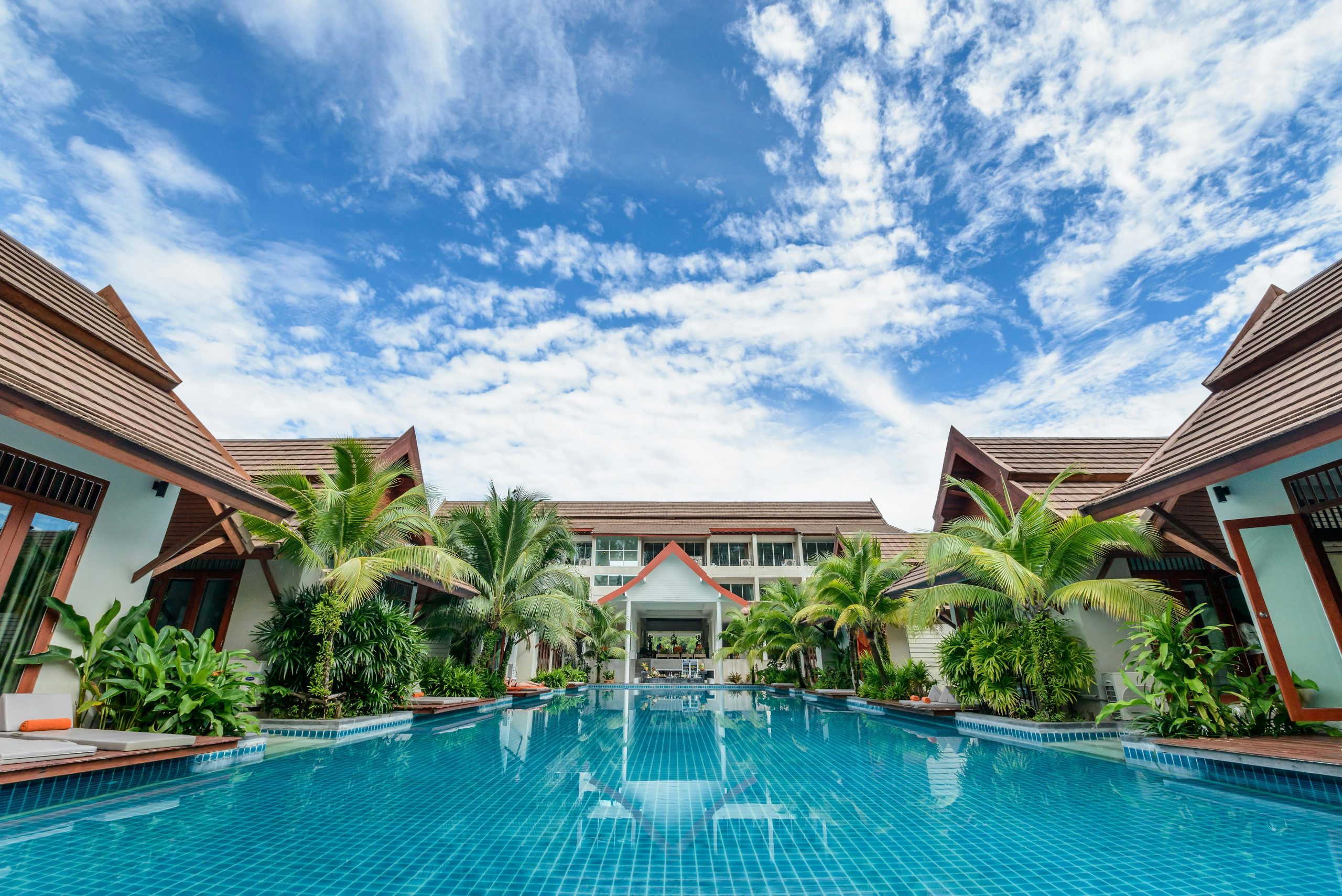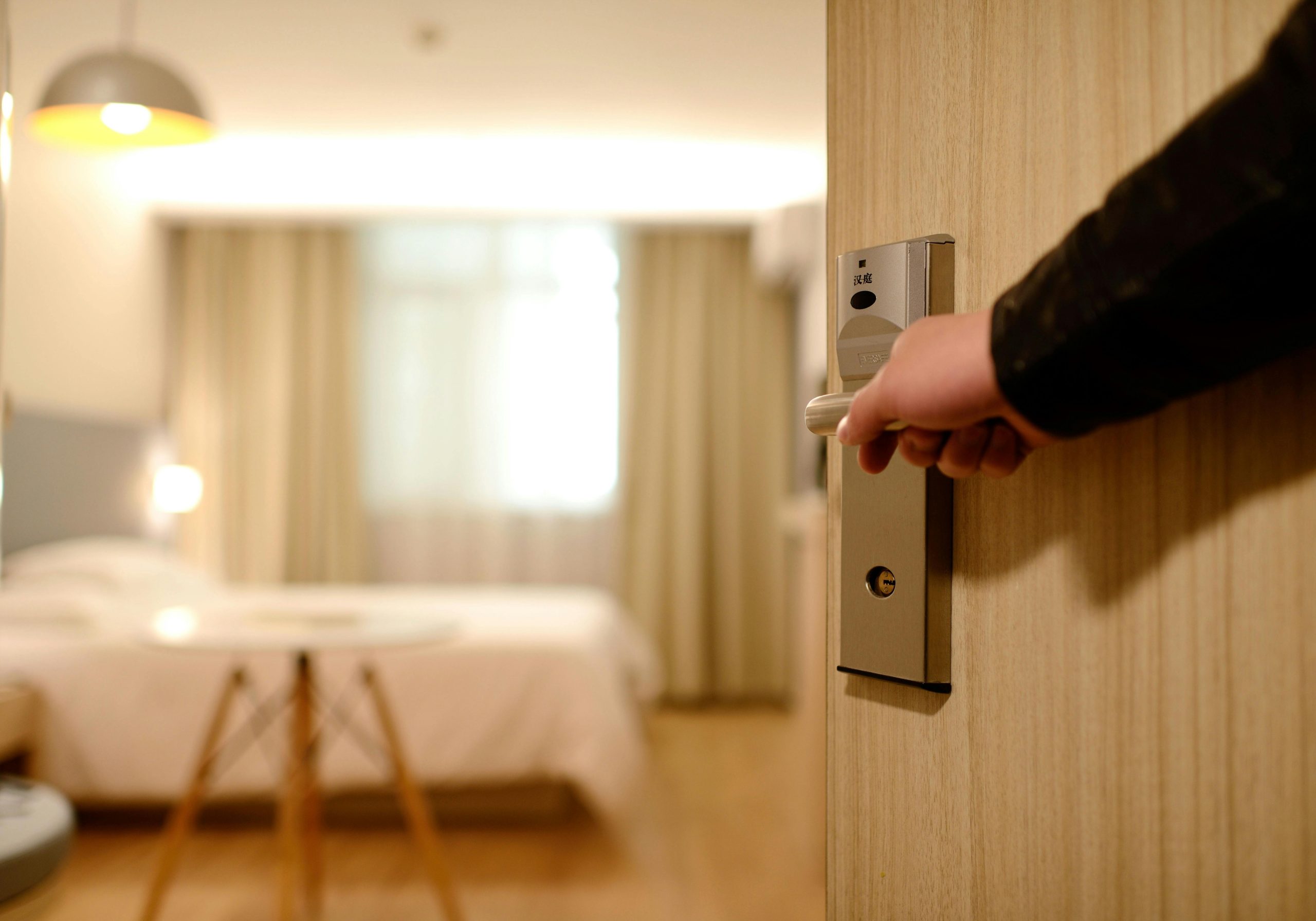In today’s highly competitive hospitality industry, having a strong online presence is no longer optional; it’s essential. Guests are increasingly turning to the internet to research, compare, and book their accommodations, and the digital realm often serves as their first impression of your hotel. Whether you’re managing a boutique hotel or a larger chain, a robust online presence can set you apart from competitors and turn your establishment from “average” to “outstanding.”
This guide will walk you through actionable steps to elevate your hotel’s online presence while strategically incorporating tools and services that can further enhance your efforts.
1. Build an Engaging and User-Friendly Website
Your website is the digital front door of your hotel. It’s often the first place potential guests will visit, so it needs to make a lasting impression. Here’s how to do it:
Key Features of a Great Hotel Website
- Mobile Responsiveness: Over 70% of travel bookings are made on mobile devices. Ensure your site looks and performs flawlessly on smartphones.
- High-Quality Visuals: Use professional images and videos to showcase your rooms, amenities, and surroundings.
- Booking Integration: Make it simple for guests to check availability and book directly through your site. Consider using a platform like Cloudbeds to streamline your booking system.
- SEO Optimization: Optimize your site with relevant keywords such as “luxury hotel in [your location],” “affordable boutique hotel,” or “family-friendly accommodation near [local attraction].”
💡 Affiliate Tip: Tools like Bluehost can help you host your site reliably and at an affordable cost. They also offer WordPress integration, making it easy to build a stunning website.
2. Leverage Search Engine Optimization (SEO)
Ranking higher on search engines can drive organic traffic to your site, reducing reliance on paid ads. Focus on the following aspects:
Local SEO
- Register your hotel on Google My Business with up-to-date contact information, photos, and reviews.
- Use local keywords to target travelers looking for accommodation in your area.
- Partner with local attractions or businesses and link to each other’s websites for mutual benefit.
Content Creation
- Write blogs about your location, such as “Top Things to Do in [City]” or “Best Restaurants Near [Hotel Name].”
- Share guest stories and testimonials as blog posts or social media content.
- Optimize your content with long-tail keywords like “romantic beachfront hotels in [city].”
💡 Affiliate Tip: Use tools like SEMRush to track your SEO performance and discover keywords that can bring more traffic to your site.
3. Prioritize Social Media Marketing
Social media platforms are powerful tools for connecting with potential guests. Here’s how to create a compelling social media presence:
Platform-Specific Tips
- Instagram: Share stunning photos of your property, nearby attractions, and behind-the-scenes moments. Use hashtags like #LuxuryHotels or #TravelDreams.
- Facebook: Post updates about special offers, events, and local happenings. Engage with guests by responding to comments and messages quickly.
- TikTok: Create fun, short videos showcasing unique aspects of your hotel, like a virtual room tour or your chef preparing a signature dish.
Paid Social Advertising
Use paid campaigns to target specific demographics such as business travelers, honeymooners, or families. Platforms like Hootsuite can help you schedule and manage your campaigns effectively.
4. Enhance Guest Experience Through Technology
Technology can significantly improve the guest experience, making them more likely to leave positive reviews and return in the future.
Online Check-In and Mobile Keys
Guests value convenience. Offering online check-ins and mobile keys via apps like Operto enhances their experience and reduces wait times.
Chatbots for Instant Assistance
Use AI-powered chatbots on your website to answer common questions 24/7. Services like LiveChat can integrate easily into your website.
5. Encourage and Showcase Guest Reviews
Positive reviews can be a game-changer for your online reputation. According to a survey by TripAdvisor, 81% of travelers always or frequently read reviews before booking.
How to Generate More Reviews
- Ask guests to leave a review upon check-out.
- Send a follow-up email with a direct link to your TripAdvisor or Google review page.
- Incentivize reviews with discounts or loyalty points for future stays.
💡 Affiliate Tip: Consider TrustYou to aggregate guest feedback and identify areas for improvement.
6. List Your Property on Online Travel Agencies (OTAs)
While direct bookings are ideal, listing your hotel on OTAs like Expedia, Booking.com, and Airbnb can increase visibility. Ensure your listings are:
- Complete with updated photos and descriptions.
- Consistently priced across platforms to build trust.
- Frequently updated with availability and seasonal promotions.
💡 Affiliate Tip: Tools like SiteMinder can help you manage multiple OTA listings from a single dashboard.
7. Email Marketing for Retention and Engagement
Email marketing remains one of the most effective ways to stay connected with past guests and convert leads into bookings.
Tips for Effective Email Campaigns
- Personalization: Address guests by name and tailor content based on their preferences.
- Exclusive Offers: Share discounts, package deals, or early-bird promotions.
- Automation: Use platforms like Mailchimp to set up automated email campaigns for birthdays, anniversaries, or post-stay follow-ups.
8. Host Events and Partner with Influencers
Host Memorable Events
Hosting events such as wine tastings, live music nights, or cultural workshops can attract local attention and boost your hotel’s profile online.
Influencer Marketing
Partner with travel influencers to showcase your property to a larger audience. Look for influencers with engaged followers who align with your brand values.
💡 Affiliate Tip: Use tools like Aspire to find and collaborate with influencers in the travel niche.
9. Monitor and Analyze Performance
You can’t improve what you don’t measure. Regularly analyze your online performance to identify what’s working and where adjustments are needed.
Metrics to Track
- Website traffic and conversion rates.
- Engagement on social media platforms.
- Review scores and feedback trends.
- Revenue generated from online bookings.
💡 Affiliate Tip: Platforms like Google Analytics and HubSpot provide detailed insights into your digital performance.
10. Stay Ahead with Trends
Finally, staying up-to-date with the latest hospitality and digital marketing trends will keep you ahead of the competition.
Emerging Trends to Watch
- Sustainability: Highlight eco-friendly initiatives, such as solar power or waste reduction.
- Virtual Reality (VR) Tours: Offer immersive VR tours of your property to entice potential guests.
- Dynamic Pricing: Use AI tools to adjust prices in real-time based on demand and competitor rates.
💡 Affiliate Tip: Consider Revfine to stay informed on hospitality innovations.
Conclusion
Transforming your hotel’s online presence from average to outstanding requires a combination of strategy, creativity, and the right tools. By investing in your website, leveraging SEO and social media, embracing technology, and consistently engaging with your guests, you can build a thriving digital profile that drives bookings and revenue.
Remember, building an outstanding online presence is an ongoing process. Regularly evaluate your efforts, adopt new strategies, and always prioritize the guest experience.
💡 Ready to take the next step? Explore the tools and platforms mentioned in this guide to boost your efforts and achieve success in the digital age.


